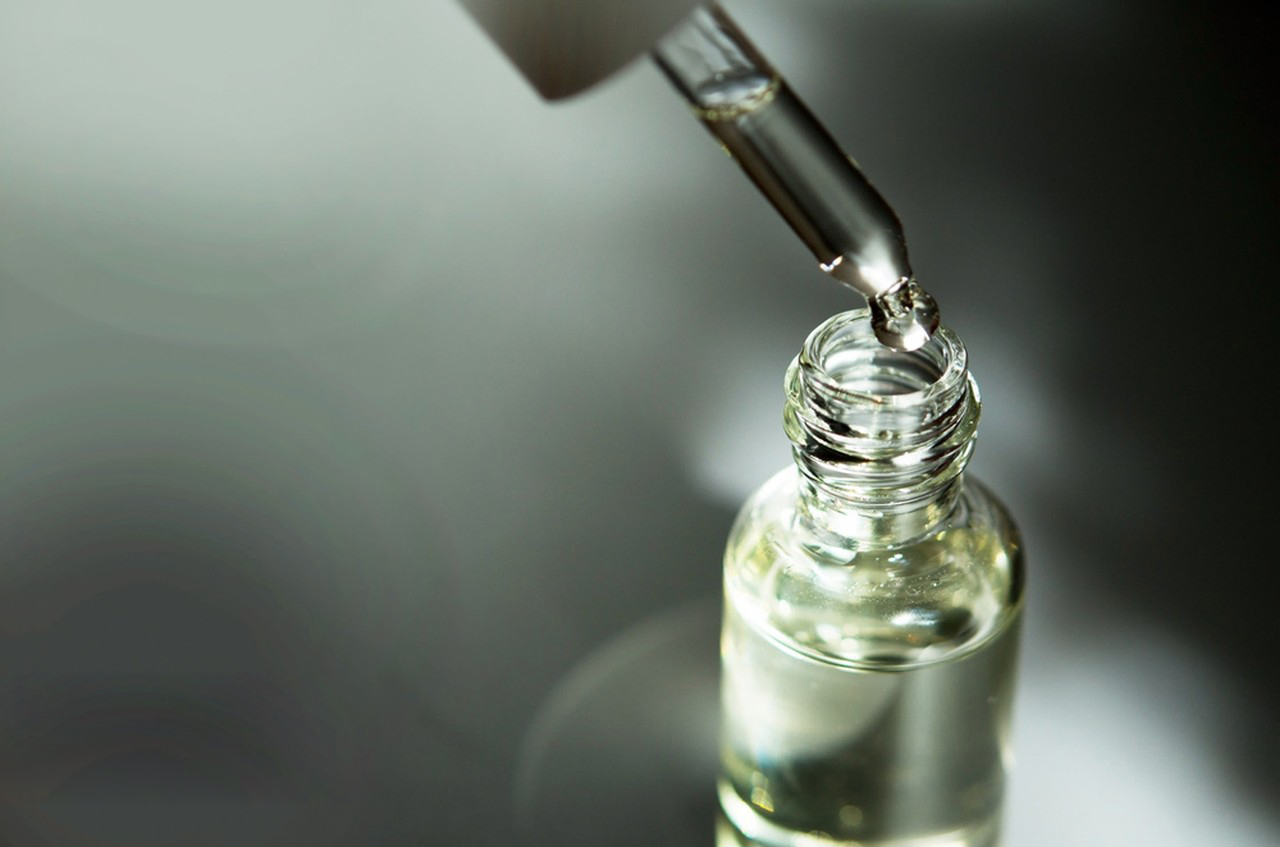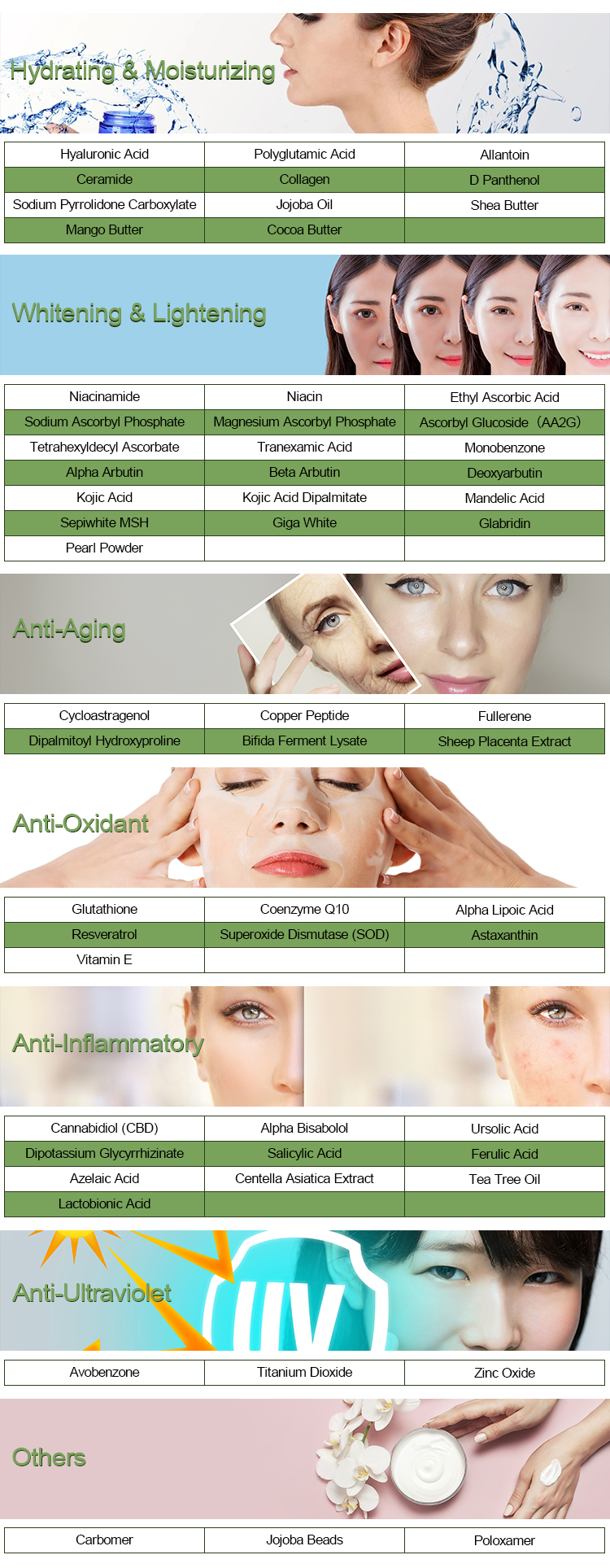Sodium Ascorbyl Phosphate is a stable and water-soluble derivative of vitamin C (ascorbic acid). Its basic ingredient is, as the name suggests, ascorbic acid (vitamin C). Sodium Ascorbyl Phosphate is a salt form of ascorbic acid, with sodium attached to it. It is commonly used in skincare products for its antioxidant and skin-brightening properties. This derivative of vitamin C is often chosen in cosmetics and skincare formulations because of its stability and ability to penetrate the skin more effectively compared to pure ascorbic acid.

Efficacy and effects of Sodium Ascorbyl Phosphate
Sodium Ascorbyl Phosphate (SAP) is a stable, water-soluble derivative of Vitamin C (ascorbic acid). It is commonly used in skincare products and topical formulations due to its potential benefits for the skin. Here are some of its efficacy and effects:
Antioxidant Properties: Sodium Ascorbyl Phosphate, like ascorbic acid, has antioxidant properties. Antioxidants help protect the skin from free radicals and oxidative stress, which can contribute to premature aging and skin damage.
Skin Brightening: Sodium Ascorbyl Phosphate can help reduce the appearance of dark spots and hyperpigmentation by inhibiting the production of melanin. This makes it useful for treating conditions like melasma and age spots.
Collagen Production: Vitamin C, in its various forms, is known for its role in promoting collagen synthesis. Collagen is essential for maintaining skin’s firmness and elasticity, and Sodium Ascorbyl Phosphate may help in this regard.
Anti-Inflammatory: Sodium Ascorbyl Phosphate has anti-inflammatory properties, which can help soothe and calm irritated skin. It may be useful for those with conditions like rosacea or sensitive skin.
Wound Healing: Some studies suggest that Sodium Ascorbyl Phosphate may accelerate the wound-healing process. It may help with minor cuts, acne scars, and other forms of skin damage.
Acne Treatment: Sodium Ascorbyl Phosphate has been shown to have antibacterial properties that can help combat acne-causing bacteria. It may be used in acne treatment products to reduce breakouts.
Stability: Unlike pure ascorbic acid, Sodium Ascorbyl Phosphate is more stable and less prone to oxidation, making it suitable for skincare formulations. It does not degrade as quickly when exposed to air or light.

Suitable for Sensitive Skin: Sodium Ascorbyl Phosphate is generally well-tolerated by individuals with sensitive skin, as it is less likely to cause irritation compared to some other forms of vitamin C.
Sun Protection: While not a substitute for sunscreen, vitamin C derivatives like SAP can provide an added layer of protection against UV damage.
It’s important to note that the effects of Sodium Ascorbyl Phosphate can vary depending on the concentration in the product, the formulation, and individual skin types. To incorporate SAP into your skincare routine, you can look for products like serums, creams, or lotions that contain this ingredient. Remember to use sunscreen during the day when using Sodium Ascorbyl Phosphate, as it can make the skin more sensitive to UV radiation.
If you have specific skin concerns or conditions, it’s advisable to consult with a dermatologist or skincare professional to determine the best products and routine for your needs.
